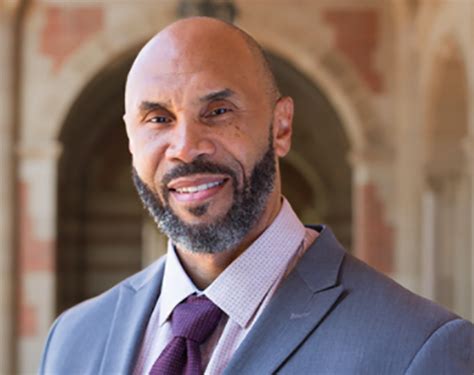A Quote by Adam Braun
Global poverty is a complex web of interlinked problems. There is no one 'silver bullet' that will solve global inequality. Multiple contributing factors must be tackled in parallel. Yes, education alone is unlikely to lead to employment without economic reform to address the demand side in much of the developing world.
Related Quotes
We certainly would resolve the problems of the charities that are working in areas where they can do the most good. So if you consider that the U.S. foreign aid budget is 30 billion, yes, we could make a major contribution to reducing global poverty, start to deal much better with some of the other big environmental problems that the world faces. So I think we could solve a lot of problems.
The economic borderlines of our world will not be drawn between countries, but around Economic Domains. Along the twin paths of globalization and decentralization, the economic pieces of the future are being assembled in a new way. Not what is produced by a country or in a country will be of importance, but the production within global Economic Domains, measured as Gross Domain Products. The global market demands a global sharing of talent. The consequence is Mass Customization of Talent and education as the number one economic priority for all countries
We should condemn as unjust a global economic order that leads to ever-increasing economic disparities - provided this effect is foreseeable and provided it is also avoidable through some alternative institutional design that would foreseeably lead to much less poverty and inequality. Those involved in designing or imposing the existing rules are collectively responsible for the resulting excess deprivations and human rights deficits.
Solving the population problem is not going to solve the problems of racism, of sexism, of religious intolerance, of war, of gross economic inequality. But if you don't solve the population problem, you're not going to solve any of those problems. Whatever problem you're interested in, you're not going to solve it unless you also solve the population problem. Whatever your cause, it's a lost cause without population control.



































